
20GW of India's private coal projects on hold
Coal stress threatens to drive down India’s capacity additions in 2020-2021.
Coal-based capacity addition in the Indian power sector, which fell to a low of 3.6GW in FY2019, is expected to remain subdued at 5GW-6GW per year in FY2020 and FY2021, India Ratings and Research (Ind-Ra) said.
According to a note, this likely decline in thermal capacity addition is attributed to the following factors: i) the decommissioning of nearly 2GW annually as the plants complete their useful life; and ii) the stress in nearly 85% of the private under-construction capacity, given the issues with regard to availability of funds, coal, power purchase agreements and evacuation; and iii) decline in fresh project starts (FPS) across the central, state and private sectors.
In FY2013-2017, excess capacity in the thermal power sector had increased to an average of 42% on account of a significant increase in capacity and lower-than-expected growth in power demand. The excess capacity touched a peak of 45% in FY2016, and then declined subsequently to around 42% at FYE2019.
“Power demand is likely to see healthy growth during FY2020-FY2024, and only a part of the incremental demand can be met by existing and upcoming renewable capacities. Considering the absence of any major alternatives to meet the growth in demand, the proportion of excess capacity in the thermal power sector would decline further during FY20-FY24,” Ind-Ra commented.
The slowdown in new thermal capacity addition by the state and central thermal sectors would also support the absorption of the excess thermal capacity over this period, it added.
Ind-Ra’s note further highlighted that FPS for thermal projects declined steeply to a mere 1.6GW in FY2019 from an average of 10GW per year over FY2015-FY2018. “The private sector’s contribution to fresh projects was nil during FY2019, signalling the private players’ lack of interest in the thermal sector,” it said.
FPS by the state and central sector too have declined meaningfully owing to the gradual shift towards renewable capacity addition, given the single part tariff and the cost competitiveness of such tariffs, it added.
Nearly 85% of the private sector’s under-construction capacity is also stressed. As of FYE2018, of the total under-construction capacity of 24.7GW in the private sector, 14.4GW of capacity was uncertain/stressed/work on hold. This proportion increased to 20GW (85% of the private under-construction capacity) at FYE2019, as the debt-servicing issues being faced by companies caused the supply of incremental credit from banks and equity markets to come to a standstill.
Moreover, the quantum of under-construction projects declined to 65GW in FY2019 from 95GW in FY2013. “The decline was mainly driven by the private sector, which saw under-construction capacity falling to 24GW in FY2019 from 63GW in FY2013. Additionally, the bulk of the under-construction capacity in the private sector is stressed and is unlikely to be completed,” Ind-Ra said.


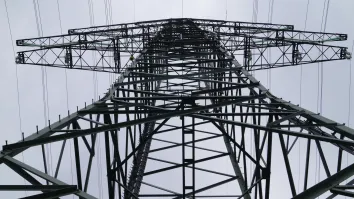
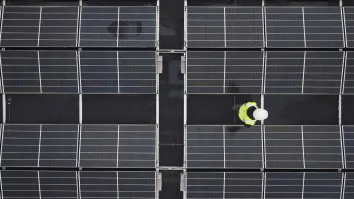
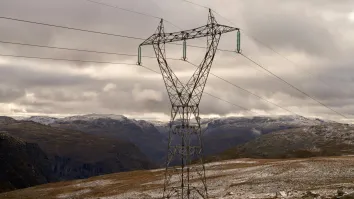

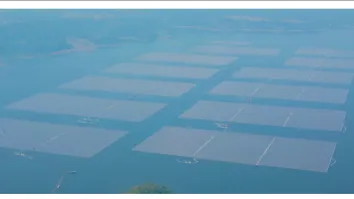
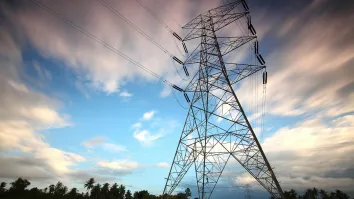
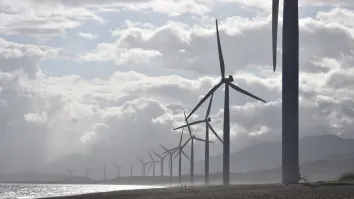










 Advertise
Advertise






